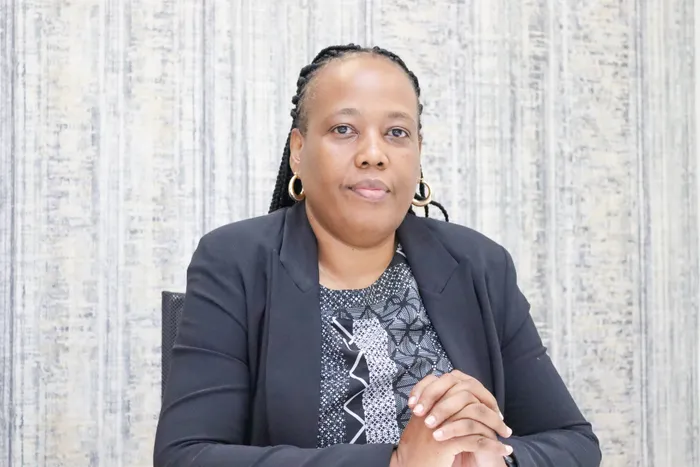Ombud investigation clears Legal Practice Council and CEO of wrongdoing

A Legal Services Ombud investigation has cleared the Legal Practice Council (LPC) of wrongdoing.
Image: File
The Legal Practice Council (LPC) and its chief executive officer Charity Nzuza, who was accused of maladministration, have been cleared of any wrongdoing with the Legal Service Ombud finding no evidence to support the allegations.
This was after the Legal Services Ombud established an inquiry following allegations levelled against Nzuza and Alida Janse Van Rensburg, director of the Northern Cape provincial office.

The Legal Services Ombud investigation has cleared the Legal Practice Council (LPC) and chief executive officer Charity Nzuza, of any wrongdoing.
Image: Supplied
The allegations included, among others, financial mismanagement, poor treatment of senior managers and unlawful instructions to alter candidates’ examination marks, as well as poor governance and a lack of transparency.
The Ombud said the allegations were unsubstantiated and without merit.
This was after a whistleblower lodged a complaint with the Legal Service Ombud and the LPC, which resolved that the Legal Services Ombud, as the oversight body for the legal profession, should investigate the allegations.
Nzuza was also accused of abusing her powers in seeking to charge the whistleblower for alleged misconduct.
Responding to the report, Nzuza said: “I welcome the Ombud’s report and its affirmation of the integrity of our processes and leadership. This has been a challenging period, but I am grateful for the opportunity to have the truth established through an independent and transparent process. I remain committed to serving the legal profession with dedication and to strengthening the governance of the LPC.”
LPC spokesperson Kabelo Letebele said the council remains focused on implementing the recommendations and continuing to build a resilient and accountable institution that serves the public and the legal profession with distinction.
The whistleblower, who worked as senior manager for the Risk and Compliance department between September 2022 and October 2024, alleged that Nzuza failed to adequately capacitate his department according to the LPC’s risk management framework and performance management policies, which were necessary for him to perform his function.
The whistleblower added that the department consisted of only him and a senior administrator who did not have the requisite risk management qualification.
He also testified that Nzuza prioritised hosting social events and international travel over capacitating his department.
The former employee further testified that following months of raising concerns about the lack of capacity of the Risk and Compliance department, non-compliance with regulations, and failure to act on audit findings, Nzuza issued him with a notice of intention to discipline, which resulted in his resignation from the LPC.
He claimed that he also investigated Janse Van Rensburg and that she breached procedure by failing to uplift the office files of a suspended legal practitioner, adding that she also allowed him to continue practising despite his suspension.
He claimed that examination marks were altered on Nzuza’s instruction, adding that this incident was one of several that he cited to illustrate her alleged poor governance, ethical breaches, and the failure of leadership to act decisively on internal risks.
He added that the LPC was non-compliant with several external regulatory obligations, including those imposed by the Financial Intelligence Centre (FIC) and the South African Revenue Service (SARS). Despite his repeated warnings, management showed no urgency in addressing these issues, he said.
However, the Ombud found that the whistleblower’s evidence did not support the allegations.
The office recommended that the LPC should conduct a skills audit and organogram review, with particular attention in the present circumstances to the compliance, risk, curatorship, and regulatory functions. The review is to assess the existence and extent of a need for further resources and capacitation within the LPC.
“In addition, the LPC should, with the input of management, develop a long-term workforce plan and strategy that is consistent with the LPC’s budgetary realities. This strategy will ensure that the LPC’s management team is aligned on the growth and capacitation strategy, which would alleviate the need for individual managers to contend for the prioritisation of their respective departments from the executive officer,’’ stated the report.
The report also stated that LPC should develop a travel policy as it had emerged during the inquiry that officials embark on regular local and international travel to conferences and on other business of the organisation.
The office said evidence reflected that there was some disquiet within the organisation about some of the trips which were approved, the manner in which they were approved, and the officials who were approved to attend those trips.
Cape Times
Related Topics: